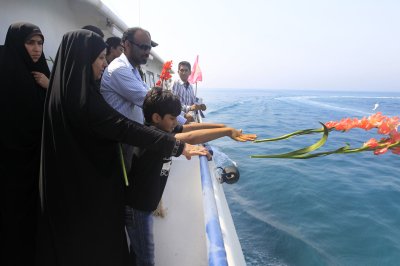Topic: Samuel de Champlain
Samuel de Champlain (French pronunciation: born Samuel Champlain; ca. 1567 – December 25, 1635), "The Father of New France", was a French navigator, cartographer, draughtsman, soldier, explorer, geographer, ethnologist, diplomat, and chronicler. He founded New France and Quebec City on July 3, 1608.
Born into a family of master mariners, Champlain, while still a young man of 16, began exploring North America in 1603 under the guidance of François Gravé Du Pont. From 1604-1607, Champlain participated in the exploration and settlement of the first permanent European settlement north of Florida, Port Royal, Acadia (1605). Then, in 1608, he established the French settlement that is now Quebec City. Champlain was the first European to explore and describe the Great Lakes, and published maps of his journeys and accounts of what he learned from the natives and the French living among the Natives. He formed relationships with local Montagnais and Innu and later with others farther west (Ottawa River, Lake Nipissing, or Georgian Bay), with Algonquin and with Huron Wendat, and agreed to provide assistance in their wars against the Iroquois.
In 1620, Louis XIII ordered Champlain to cease exploration, return to Quebec, and devote himself to the administration of the country. In every way but formal title, Samuel de Champlain served as Governor of New France, a title that may have been formally unavailable to him owing to his non-noble status. He established trading companies that sent goods, primarily fur, to France, and oversaw the growth of New France in the St. Lawrence River valley until his death in 1635.
It uses material from the Wikipedia article "Samuel de Champlain."






